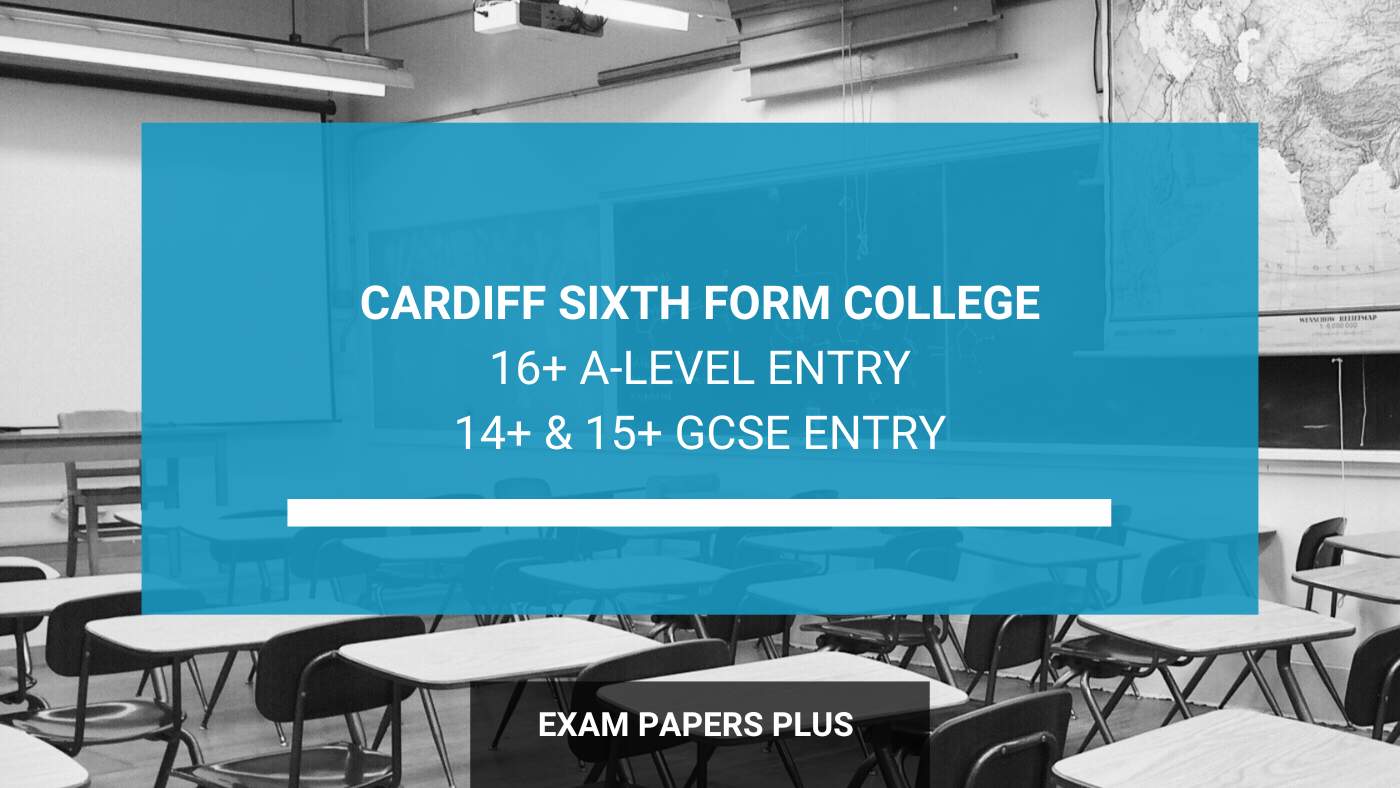
GCSE Chemistry Preparation
Bookmark this page? Pop your email into the box below to receive a link to this article so you can easily refer back to it later.
Table of Contents
Introduction
Preparing for the GCSE chemistry exam can seem a little daunting at first, given that the subject covers a number of different topics. After working your way through the syllabus for the last two years, chances are you will have generated folders full of coursework — so where do you start with your exam preparation? At Exam Papers Plus, we publish tried and tested GCSE chemistry revision packs, so we know what works when preparing for the exam.
Understand the Exam Format
Before you begin your focused revision, it’s well worth looking at how the GCSE chemistry exam is structured. It covers ten topic areas over two test papers:
- Atomic structure and the periodic table
- Bonding, structure, and the properties of matter
- Quantitative chemistry
- Chemical changes
- Energy changes
- The rate and extent of chemical change
- Organic chemistry
- Chemical analysis
- Chemistry of the atmosphere
- Using resources
In the first test paper, you’ll be asked questions on the first five topics, i.e. atomic structure and the periodic table; bonding, structure, and the properties of matter; quantitative chemistry, chemical changes and energy changes. This written test lasts for 1 hour and 45 minutes.
The second test paper focuses on the remaining five topics: the rate and extent of chemical change; organic chemistry; chemical analysis, chemistry of the atmosphere and using resources. This written test also lasts for 1 hour and 45 minutes.
Each test contributes to 50% of your overall chemistry score.
There are four question types in the papers: multiple-choice, structured, closed short answer and open response. You’ll be asked a combination of these throughout the test.
To learn more about the GCSE chemistry exam format, please refer to our article GCSE Chemistry Test Format: What to Expect on the Day.
Follow a Revision Planner

We cannot overstate just how important a revision planner is to your GCSE chemistry preparation. Without one, you are likely to miss key topic areas and waste valuable study time due to disorganisation.
It’s worth having a physical wall planner, rather than an online timetable, as you can stick a planner up in your revision room and refer to it regularly. When you have completed a revision session or covered a specific topic, simply tick it off on the planner. A focused timetable also gives you an excellent visual aid for counting down to the exam itself.
Organise Your Class Notes
Two years’ worth of chemistry classes create a lot of notes. To help with your GCSE exam preparation, it is worth creating a new folder specifically for exam revision. Read through your coursework and pull out any notes that refer to the ten exam topics.
Rearrange them in your new folder, so that you have everything you’ll need for the exam in one place. This way, you’ll only have the notes you need and you’ll know exactly where to find them during study periods.
Create an Equations and Formulae Sheet
Having an equations sheet is an essential part of your GCSE chemistry exam preparation. It will help you to memorise reactivity series and ionic charges and help you recall each equation by visualising the sheet.
A proven way to format your equations sheet is to devise an acronym with the first letter of each metal; that way you can easily recall the ones you’ll need in the exam. When it comes to learning the different formulae for ions, it helps to write them all down on flashcards as well as having them displayed on a single sheet. You can then use the flashcards to test your memory.
Practice Makes Perfect
One of the best things you can do when preparing for the GCSE chemistry exam is to take as many practice papers as possible. They’re an essential tool for revision. Getting used to the papers will help you to understand the way the subject is structured.
Practice papers will help you get familiar with the:
- Exam format
- Question style
- Time pressure
Practice papers are also a great way to notice any gaps in your chemistry knowledge. So, if you get stuck on a particular question, you can make sure to revise that topic thoroughly. You can use the papers to practice demonstrating what you actually know.
We recommend the following resources to help with your GCSE chemistry preparation:
Our GCSE packs are written and developed by former GCSE chemistry examiners and markers. They focus on the key skills that you’ll need to do well in higher tier GCSE exams.
However you choose to prepare for your GCSE chemistry exam, make sure you give yourself plenty of time. This will not only save you from unnecessary stress, it will also give you the best chance of achieving your highest possible grade.
Related posts:
How to Revise and Practice for the GCSE Chemistry Exam
GCSE Chemistry Test Format: What to Expect on the Day
GCSE Chemistry Games to Help with Your Revision
Bookmark this page? Pop your email into the box below to receive a link to this article so you can easily refer back to it later.
















